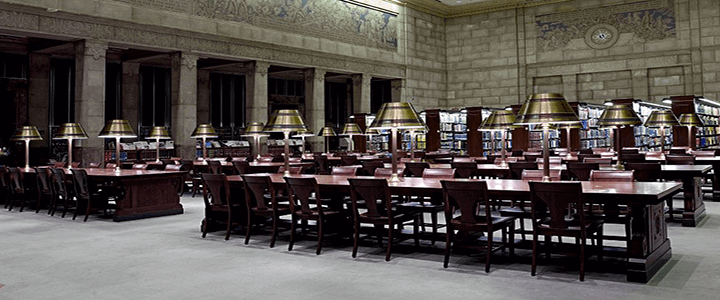In light of continuing backlogs and seemingly endless delays to obtain or renew a security clearance, one of the most common questions I receive is how one can “speed up” the process.
The truth, unfortunately, is that there is no silver bullet for this problem. Unless you are a presidential appointee or have lived a very short, vanilla life, chances are good that you’re going to be in for some waiting.
There is, however, an often-overlooked and under-utilized mechanism that can sometimes help grease the wheels: a congressional inquiry.
How Congress Can Help With Your Security Clearance
The fact of the matter is that your congressional representatives in both the House and Senate have a vested interest in keeping you – their constituent – happy. One of the ways they accomplish this is by assisting constituents with navigating the federal bureaucracy and resolving problems. Common examples could include assisting an elderly constituent in resolving a dispute with Social Security; inquiring on behalf of a constituent-veteran about an unresolved benefits issue with the VA; and, as few people apparently realize, contacting federal agencies on behalf of constituent-clearance holders to ascertain the status of pending cases.
Assistance like this is rendered under the name of the individual congressperson or senator, but the actual work is handled by staffers. Indeed, every congressional representative in both houses has “constituent services” staff who are experts at these types of things and have developed working relationships with key officials at various government agencies.
What your congressperson or senator’s office can’t do is pressure an agency into making a favorable adjudication of a security clearance; that would be a violation of congressional ethics rules. And, to be clear, nothing requires an agency to speed-up an investigation or adjudication of a security clearance simply because a Member of Congress inquires about it.
Nonetheless, the mere fact that a congressional inquiry was made can sometimes pay dividends. It tells the involved agency that someone is watching and that if they want to avoid having to respond to further inquiries – i.e. do additional work – it is in their interest to move things along.
Finally, although it may not directly benefit your case, filing congressional inquiries on security clearance delays is good for the cleared community as a whole. The backlogs are having a serious impact on both cleared industry and the countless patriots whose livelihood depend on the timely issuance or renewal of a security clearance. The best way to keep congress interested in the issue is to repeatedly demonstrate how it is harming their constituents.
This article is intended as general information only and should not be construed as legal advice. Consult an attorney regarding your specific situation.




